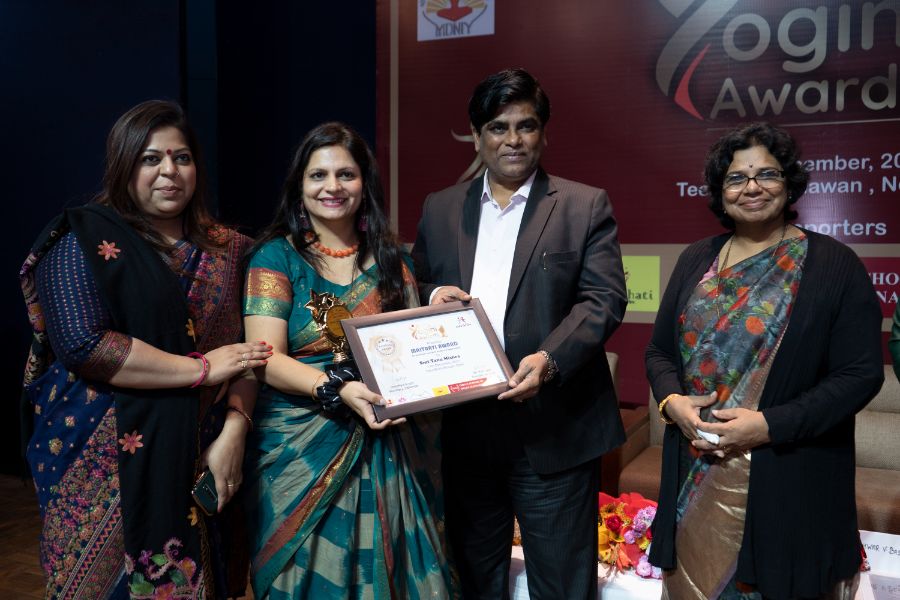Importance of Cultural Programmes in Uplifting Marginalised Children
Sandhya Singh, founder of Durga Saptashati NGO in Dwarka, believes that non-government organisations play a pivotal role in uplifting and empowering marginalised children who face various socio-economic challenges. While essential needs like education, healthcare, and nutrition are addressed, there is often an overlooked aspect of a child’s development: their cultural and artistic growth.
Cultural programmes are instrumental in nurturing the well-rounded development of these children, fostering their creativity, self-esteem, and a sense of belonging. In this blog, we will explore the significance of cultural programmes in the context of our NGO and how we are contributing to the overall upliftment of marginalised children in Dwarka.
Fostering Self-Expression
Durga Saptashati Cultural programmes in Dwarka, such as music, dance, and painting, offer a safe and supportive platform for marginalised children to express themselves. Many of these children may have experienced trauma, discrimination, or neglect, making it essential to provide them with constructive outlets for their emotions. Through various artistic forms, they can articulate their feelings, fears, and dreams, ultimately aiding their emotional and psychological well-being.
Building Confidence and Self-esteem
Participating in cultural programmes allows children to showcase their talents and achievements. This public recognition and encouragement significantly boost their self-esteem and confidence. When a child excels in a performance or artwork, it provides them with a sense of accomplishment and pride, which can be transformative for those who have been marginalized and made to feel inferior.
Promoting Social Integration
Durga Saptashati NGO Cultural programmes in Dwarka bring children from different backgrounds together, fostering a sense of unity and inclusivity. Our programmes often involve group activities, collaborative projects, and performances, creating opportunities for children to interact with peers from diverse socio-economic, cultural, and ethnic backgrounds. This interaction helps break down social barriers and promotes tolerance and understanding.
Developing Life Skills
Participating in cultural activities requires discipline, dedication, and teamwork. These experiences help marginalised children develop essential life skills such as time management, problem-solving, communication, and perseverance. These skills can be transferred to other aspects of their lives, including education and future employment opportunities.
Nurturing Creativity
Creativity is a powerful tool for problem-solving and innovation. That’s why we organise frequent cultural programmes in Dwarka to encourage children to think outside the box, explore new ideas, and imagine different possibilities. This fosters creativity, which can be a valuable asset as they grow and face the challenges of an ever-evolving world.
Preserving Cultural Heritage
For marginalised children, cultural programmes can be a means of reconnecting with their cultural heritage and traditions. These activities can instill a sense of pride in their roots and help them understand and appreciate their cultural history, which is vital for their identity and sense of belonging.
Providing a Sense of Purpose
Cultural activities tend to give marginalised children a sense of purpose. It helps them see a future beyond their current circumstances and inspires them to pursue their passions and dreams. Whether it’s becoming a dancer, musician, artist, or actor, these programmes can help children set and work towards achievable goals.
Conclusion
Durga Saptashati cultural programmes in Dwarka are not just about providing entertainment or a creative outlet; they are a powerful tool for uplifting marginalized children. These programmes offer a holistic approach to development, addressing the emotional, social, and psychological needs of these children.
If you agree with us, come join our journey and help us improve lives!
